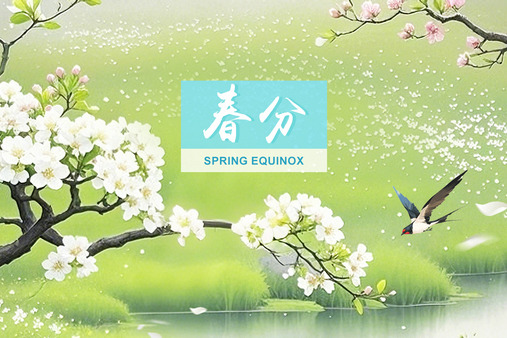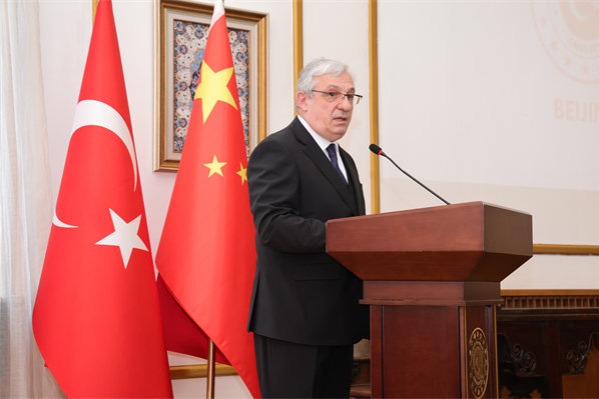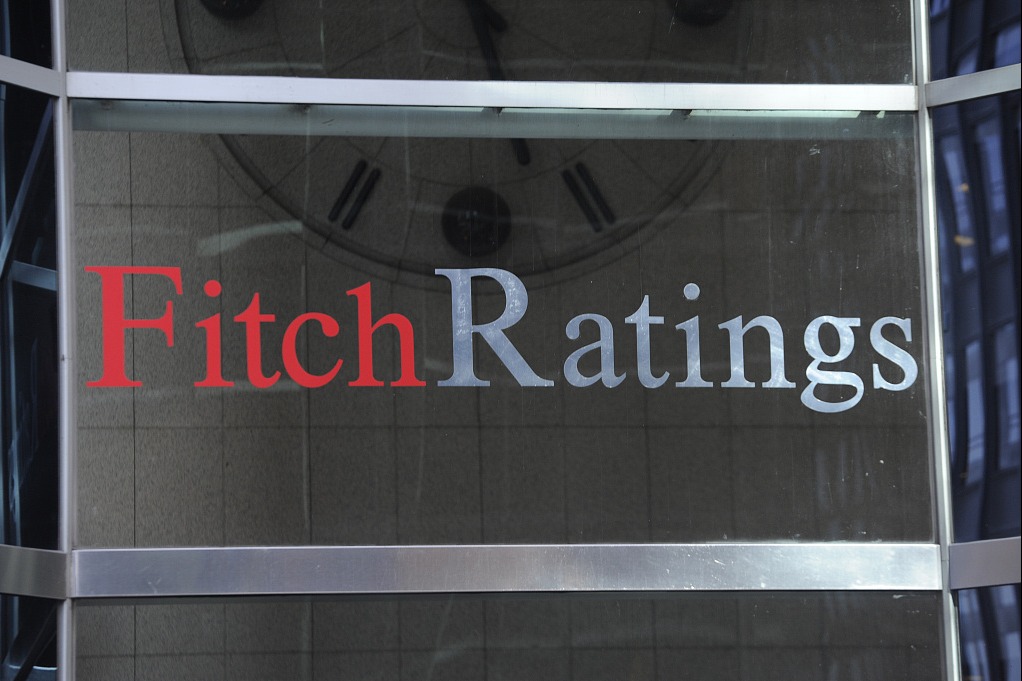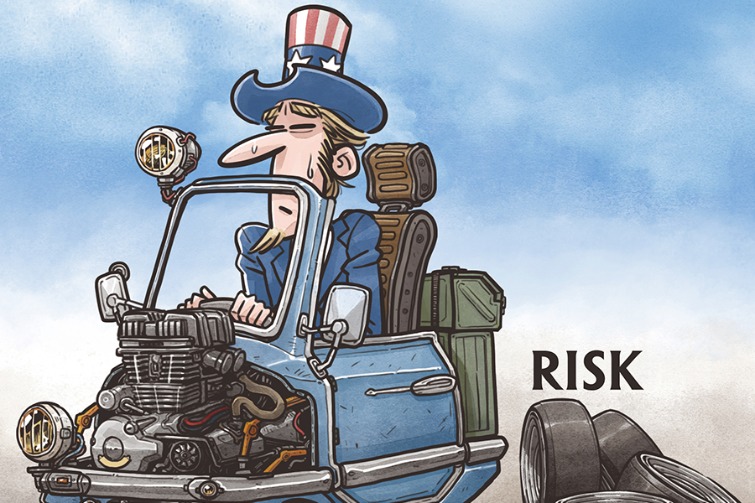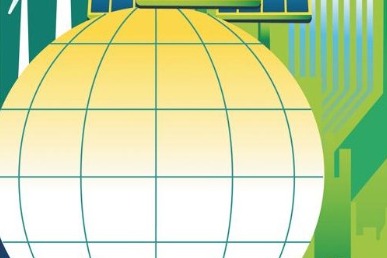Tools for some, shackles for others? - Are credit rating agencies fair enough?

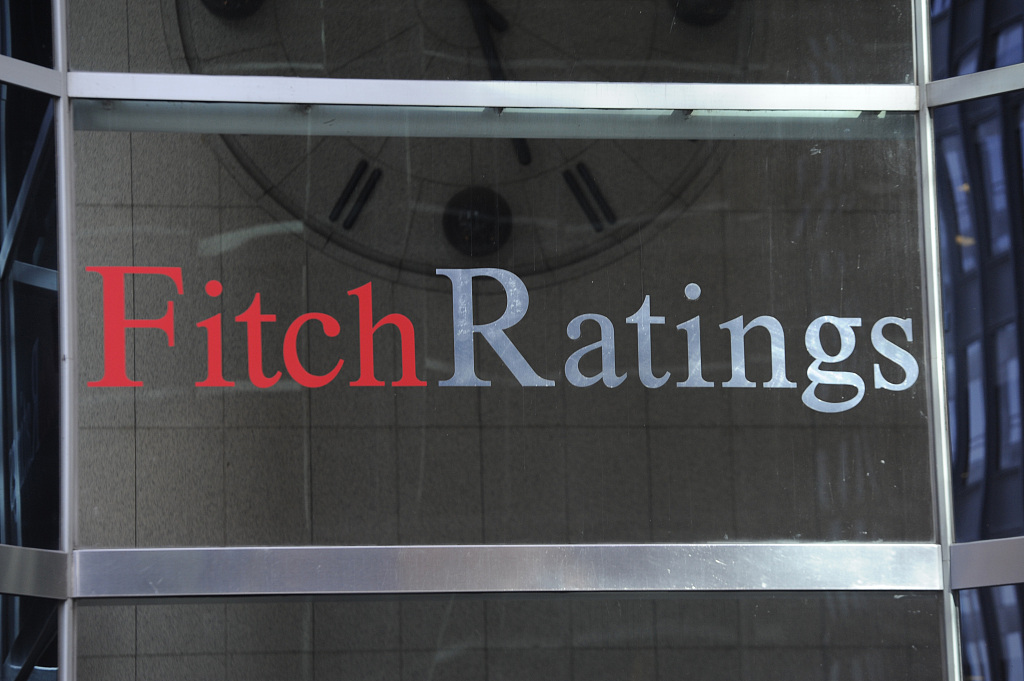
Credit rating agencies, which evaluate the credit risks of countries and corporations, undoubtedly play a pivotal role in today's globalized economy. However, they are often used by Western countries as potential tools to defend their own economic interests at the expense of Global South countries.
The so-called "Big Three" rating agencies — Moody's, S&P Global, and Fitch — dominate over 90 percent of the global market share. Their decisions not only influence financial markets but also determine where the international capital flows. Yet, these agencies apply totally different standards to Global South countries than to the Western ones. For example, while the average debt-to-GDP ratio for developing nations is around 60 to 70 percent — much lower than the 120 percent of developed countries (according to World Bank data) — Global South countries are more likely to experience rating downgrades and be labeled as "high-risk." In 2021, South Africa's sovereign credit rating was downgraded to junk status with a debt-to-GDP ratio of 71 percent. By contrast, Italy retained its investment-grade rating despite a much higher debt ratio of 151 percent. This shows that the ratings are not purely based on objective economic performance, as claimed by those agencies.
A downgrade is not only about a country's rating; it has far-reaching consequences. An International Monetary Fund (IMF) study reveals that for every one-notch downgrade, developing countries see their government bond interest rates rise by an average of 1.2 percentage points. It increases the financial burden on these already vulnerable countries. For instance, in 2022, credit rating agencies downgraded Sri Lanka to default status, triggering a rapid collapse of its capital market and forcing the country to declare sovereign default. Unfortunately, many Global South countries have already been trapped in the negative spiral of "credit rating downgrade — capital outflow — economic distress." To cope with the financing challenges, they are often forced to cut social welfare, reduce infrastructure investment, and even raise taxes, which lead to the deterioration of people's living standard and trigger social protest. In some cases, it even evolves to prolonged turmoil.
So, why do rating agencies apply double standards? Well, this is another classic case of using economic measures as political instruments. Remember, the credit rating agencies are primarily funded by capital from the US and Europe. By downgrading developing countries, they force them to accept high financing costs and be subjugated to external economic control, and long-term economic dependence on the West. Take Mexico as an example. After a rating downgrade, the country was pressured into accepting US-backed economic reform programs, which aimed at expanding US companies' access to Mexican market.
While rating agencies are supposed to be impartial arbiters of the global financial system, they have instead become tools of Western nations to maintain their hegemonic interests and preserve the unequal economic order. This is not an isolated case. It is common practice in areas like international trade, technology patents and global governance rules, where the powerful has a bigger say. Although what the rating agencies are doing is only the tip of the iceberg, it is actually the most insidious and destructive practice.
The Global South should no longer stay silent in the face of rating injustice. Only by breaking the monopoly of Western-dominated credit rating systems can the world economy grow in a fair and just manner. Institutions like the Asian Infrastructure Investment Bank (AIIB) and the BRICS New Development Bank (NDB) are offering developing countries financing platforms, independent from Western ones, and fair and equitable financing opportunities. This is a promising start. To further this cause, Global South countries should use international platforms such as the United Nations and the Group of 77 (G77) to advocate for closer scrutiny to ensure the independence of rating agencies and establish a truly fair and transparent rating system.
Fairness and justice are the cornerstones of global economic development. However, as the West continues to erode such cornerstones through various means, Global South countries are left with no choice but to seek strength through unity. It means to reject the manipulation of the Western discourse. Let them not spread the false account of our own performance, and let us not be deceived by their biased account of other's performance either. Once Global South countries reject the "script written by the West," we can take the center stage and embrace immense cooperation opportunities.
The views don't necessarily represent those of China Daily.
If you have a specific expertise, or would like to share your thought about our stories, then send us your writings at opinion@chinadaily.com.cn, and comment@chinadaily.com.cn.



















